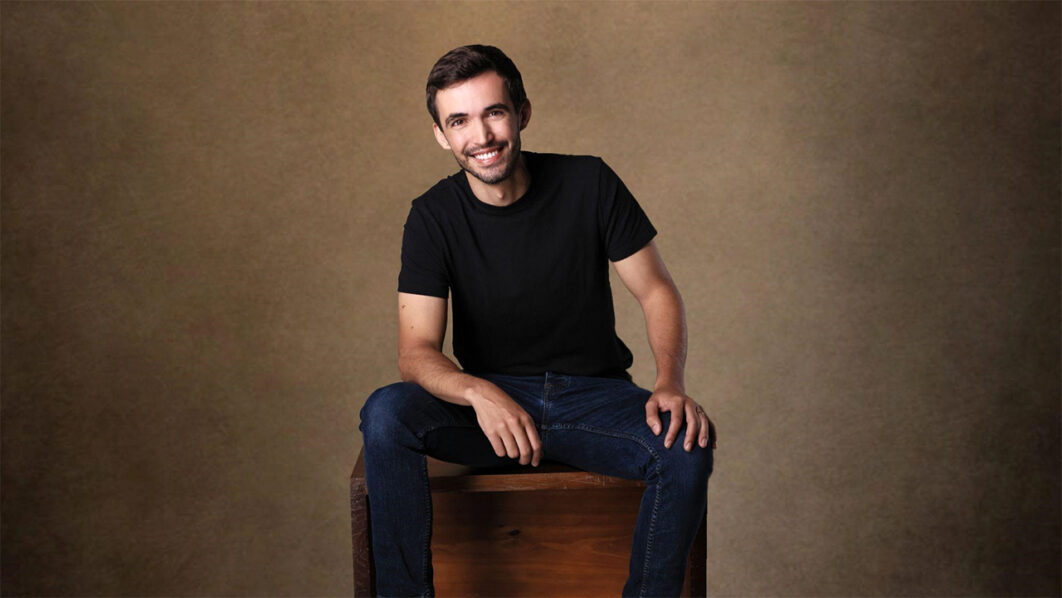
Neuroscience and artificial intelligence are merging in ways that are exciting researchers worldwide. Scientists are examining the human brain to develop safer and more effective AI systems. This interdisciplinary approach aims to enhance AI capabilities and minimize the risks associated with autonomous technologies. Dr. Diogo Schwerz de Lucena, chief scientist at AE Studio, is at the forefront of this initiative. He focuses on brain-computer interfaces (BCI) and AI safety, exploring how the brain’s processes can inform AI development. “By understanding how the brain processes information and adapts to new situations and how prosocial behavior has emerged in humans, we can design AI that is capable and inherently safer,” he explains.
Future-Proofing AI
Recent reports highlight the importance of this research. A 2023 report by the International Data Corporation (IDC) predicts global spending on AI systems will hit $154 billion by the end of the year, with an annual growth rate of 26.9% through 2026. This surge in investment underscores the critical need for innovative AI safety approaches.
A study from the Stanford Institute for Human-Centered AI (HAI) forecasts that by 2030, AI technologies will be integrated into 75% of businesses. This projection amplifies the need for secure and reliable AI systems. These statistics show that interdisciplinary research is crucial, making neuroscience-inspired approaches to AI safety more relevant than ever.
Replicating Human Social Behavior
Neuroscience offers valuable insights that can be applied to improve AI safety. One critical area is understanding and replicating the brain’s prosocial algorithms. Dr. Lucena’s research focuses on reverse-engineering prosocial mechanisms such as empathy and theory of mind.
“By understanding how prosociality happens in the brain, we can create AI systems that are inherently more aligned with humans,” Dr. Lucena explains. “We’re actively working on operationalizing concepts like attention schema theory for AI agents, which could lead to more robust and scalable prosocial learning algorithms.”
This approach leverages the wealth of evidence about alignment that human brains provide. While current models of human prosociality are not perfect, they offer a largely untapped source of inspiration for creating AI systems that are not just capable but also inherently considerate of human needs and well-being.
Turning Theory into Reality
There is great potential in using neuroscience to improve AI, but it comes with challenges. Some experts warn that while insights from the brain are valuable, translating them into AI algorithms can oversimplify complex brain functions. This simplification might lead to unexpected problems.
Despite these concerns, Dr. Lucena remains optimistic. He believes in balancing theoretical research with practical application. “We need to keep testing and improving our models, making sure they are safe based on solid evidence,” he asserts. This ongoing refinement is key to making sure AI systems work well and are safe.
Navigating the Ethical Maze
Ethical considerations are crucial as AI systems become more integrated into daily life. Creating machines that mimic human cognition with neuroscience-inspired AI raises important questions. Issues such as data privacy, algorithmic bias, and potential misuse must be addressed to ensure that AI truly benefits society.
Dr. Lucena emphasizes the importance of a multidisciplinary approach. He believes that collaboration between neuroscientists, machine learning experts, AI safety researchers, ethicists, and policymakers is key to navigating the ethical challenges of AI. This comprehensive perspective is essential for developing AI systems that are not only advanced but also ethically sound.
Charting the Path Ahead
Neuroscience-inspired AI research is on the verge of significant breakthroughs, driven by ongoing collaboration and innovation. Dr. Lucena sees a future where AI systems seamlessly integrate into daily life, boosting human capabilities while maintaining safety and ethical standards.
Achieving this vision requires continuous investment in research and development. Support from governments, academic institutions, and private sector stakeholders is essential for collaborative projects. Dr. Lucena believes that by working together, it’s possible to accelerate progress and create truly transformative AI systems.
The Human Element in AI
Neuroscience offers clear guidance for the future of AI safety. Dr. Lucena’s work demonstrates how understanding human cognition can help develop safer, smarter AI technologies. His vision emphasizes how the combination of neuroscience and AI can create systems that enhance lives while protecting the future.
“The human brain has evolved mechanisms for balancing individual agency with collective flourishing. By operationalizing these mechanisms in AI systems, we’re working towards artificial intelligence that is inherently more safe and considerate of societal well-being,” Dr. Lucena stresses.
From Small Town to Silicon Valley
Dr. Lucena’s journey from a small town in Brazil to leading research and development at AE Studio is a testament to his resilience and dedication. Growing up in a town of about 10,000 people, with a father who was a salesman, then a janitor, and a mother who was an elementary school teacher, he took advantage of government social programs to first get his bachelor’s degree. Self-taught in English, he secured scholarships for his undergraduate and doctoral studies, culminating in a Ph.D. in Mechanical and Aerospace Engineering from UC Irvine.
His previous work in motor rehabilitation and the development of soft robotic systems for stroke rehabilitation at Harvard laid the foundation for his current role. His innovative work on wearable sensing algorithms and robotic systems for hand rehabilitation has had a lasting impact.
Leading the Charge at AE Studio
At AE Studio, Dr. Lucena leads the development of BCI-OS, an operating system for brain-computer interfaces. He drives collaborations with top BCI labs and companies such as Blackrock Neurotech and Forest Neurotech. His efforts in democratizing BCI technology through open-source tools like the Neurotech Development Kit and Neural Data Simulator have been pivotal.
He has also advanced AI alignment research through notable publications, establishing AE Studio’s reputation in the AI safety community. Representing the company at high-profile industry events, he has built AE Studio’s brand within technical and political spheres.
The Power of Resilience and Innovation
Dr. Lucena’s work at the intersection of neuroscience and AI demonstrates the potential of combining these fields. By leveraging his extensive background in biomedical engineering and his dedication to AI safety, he is shaping a future where AI systems are not only intelligent and efficient but also secure and ethically sound.
His journey from a small town in Brazil to becoming a leading figure in AI research reflects the impact of resilience, innovation, and collaboration.






